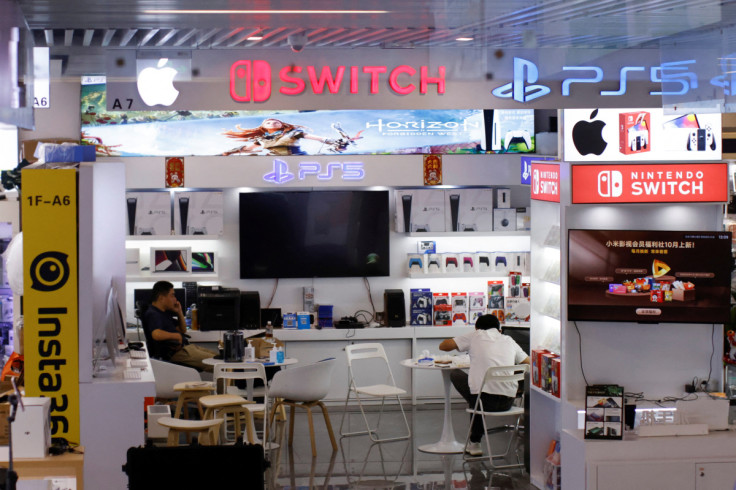Video Gamers at Risk of Permanent Hearing Loss, According to WHO Recent Report
The WHO suggests that prolonged exposure to sound levels exceeding 85 decibels can result in hearing impairment.

In a world where immersive gaming experiences have become an integral part of entertainment, a silent but significant danger looms as video gamers risk permanent hearing loss by exceeding permissible safe limits.
The sound levels documented in research involving over 50,000 gamers frequently approach or surpass established safe thresholds.
The relentless pursuit of heightened gaming experiences, often with the use of headphones or earphones, has raised concerns among health professionals and experts about the potential long-term consequences for the auditory health of avid gamers.
Given the widespread global popularity of video games, researchers are emphasising the necessity for heightened public health initiatives to educate individuals about the potential dangers.
According to researchers affiliated with the University of South Carolina and the World Health Organisation (WHO), very little attention has been devoted to understanding the potential risks of video games concerning hearing loss.
The WHO suggests that prolonged exposure to sound levels exceeding 85 decibels can result in hearing impairment.
Exposure to 83 decibels of sound is considered permissible for 20 hours a week, while for 86 decibels it is limited to 10 hours.
The acceptable duration decreases to 2.5 hours for 92 decibels and further reduces to 38 minutes for 98 decibels.
Many gamers, however, routinely expose themselves to levels far surpassing this threshold during extended gaming sessions.
The examination of 14 global studies encompassing over 53,000 individuals revealed that sound levels in gaming often approach or surpass established safe thresholds.
The researchers noted that people tend to engage in extended gaming sessions, and the presence of impulse noises, such as gunfire sounds, can reach significantly high levels.
Published in the journal BMJ Public Health, the study concluded that individuals who indulge in gaming with high-intensity sound levels over prolonged durations may face the risk of enduring permanent sound-induced hearing loss and/or tinnitus.
The study's findings suggested the necessity to prioritise interventions, such as educational initiatives and awareness campaigns highlighting the potential risks associated with gaming. The goal is to foster safe listening habits among gamers.
The researchers also referred to guidelines indicating the "permissible" duration a person can be exposed to various sound levels.
Franki Oliver, audiology manager at the hearing loss charity RNID, said: "There are two factors that increase the risk of noise-induced hearing loss and tinnitus – how loud the sound is, and how long you are exposed to it for.
"If you use gaming headsets or headphones, it's really important not to exceed safe volume limits on your device."
The issue is not confined to a specific age group, as both younger and older gamers are equally susceptible.
Avid players, irrespective of their age, often find themselves lost in the gaming world for hours on end, unaware of the cumulative impact on their hearing health.
Health professionals and audiologists are urging gamers to adopt safer practices to protect their hearing.
Implementing the 60/60 rule, which recommends keeping the volume at or below 60 per cent of the maximum level for no more than 60 minutes at a time, can significantly reduce the risk of hearing damage.
Regular breaks during extended gaming sessions can also provide the auditory system with much-needed respite.
Gaming communities and industry influencers are now taking steps to raise awareness about the importance of protecting one's hearing while enjoying video games.
Educational campaigns, both online and offline, are being launched to inform gamers about the risks and preventive measures they can take to safeguard their auditory health.
As the gaming industry continues to flourish, the responsibility to prioritise player well-being becomes increasingly evident.
Striking a balance between providing immersive experiences and promoting safe gaming practices is crucial to ensure that gamers can enjoy their passion without compromising their long-term auditory health.
The silent danger of permanent hearing loss serves as a wake-up call for both gamers and industry stakeholders to address this issue collectively and foster a culture of responsible gaming.
© Copyright IBTimes 2024. All rights reserved.






